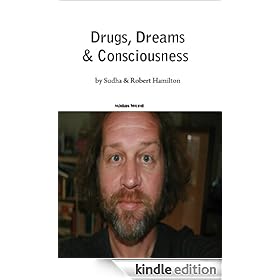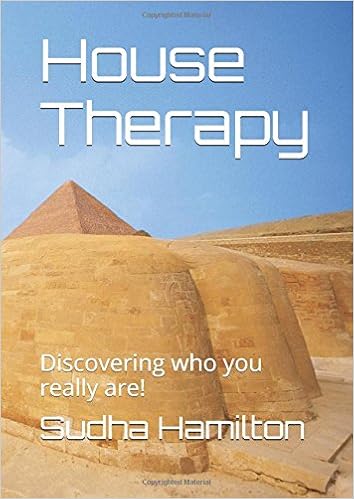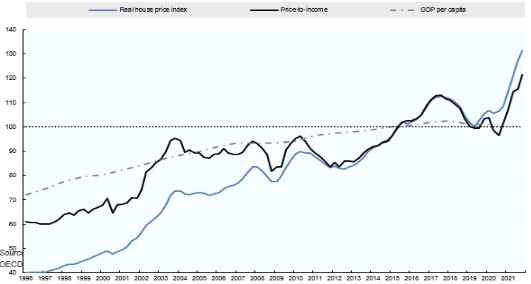NOW AVAILABLE in PAPERBACK EDITION via AMAZON
Do you ever long for certainty?
by Robert Hamilton
Do you wish that you had a direct line to God, especially during those times when you are really unsure about what direction to take in your life? Would you like to be able to reach deep inside yourself and just know the right answer? Well according to the theory of the bicameral mind, and its part in the origin of consciousness, we all do have that facility within our brains. In fact it was originally all we did have, as it preceded that sense of I or me, our very own subjective consciousness which we all have today. Julian Jaynes published his book, The Origin of Consciousness in the Breakdown of the Bicameral Mind, in 1976 and the waves of influence have been spreading out ever since. The first sixty pages of his book are to me, the most immediately confronting and mind expanding – as they focus on what consciousness actually is or is not.
I mean consciousness is not mere reactivity or being awake, it is much more than that isn’t it? Think about what your sense of consciousness is to you. Where is your consciousness located? Is it somewhere on or in your body? What purpose does your consciousness serve? Is it so that you can learn things? Jaynes lists a number of scientific studies showing that our ability to learn things is not dependent upon our sense of consciousness and is actually impeded by it – a perfect example is when we are overly self-conscious we cannot perform basic tasks that involve motor skills like talking. Try it now, try speaking and at the same time focus on your articulation, bringing your full consciousness to bear on every enunciated syllable. How each vibrational sound is made inside your throat – you will just stop speaking as it becomes overwhelming.
Our consciousness is also not a perfect copy of our experiences; it is not some recording device taking impressions of memories and storing them. You can show this to yourself by asking yourself what information you can remember about walking into the last room you walked into. Try remembering what was in the room and where, get a piece of paper and write down your results. You will find that you have very little to show for it, so our consciousnesses are not providing this service. Jaynes goes on to say, that when we recall a memory, we do not call up the actual physical memory but a generalised version of it largely invented by ourselves to represent whatever it is – swimming or walking in a park. The memory is a construct involving thoughts we have about the activities and often is influenced by how we imagine others see us swimming or walking – so our consciousness is not a faithful recording of reality.
Continued in Drugs Dreams and Consciousness by Robert and Sudha Hamilton
©Robert Hamilton
The Origin of Consciousness in the Breakdown of the Bicameral Mind
By Julian Jaynes
First Mariner Books ISBN 0-618-05707-2














Average Rating